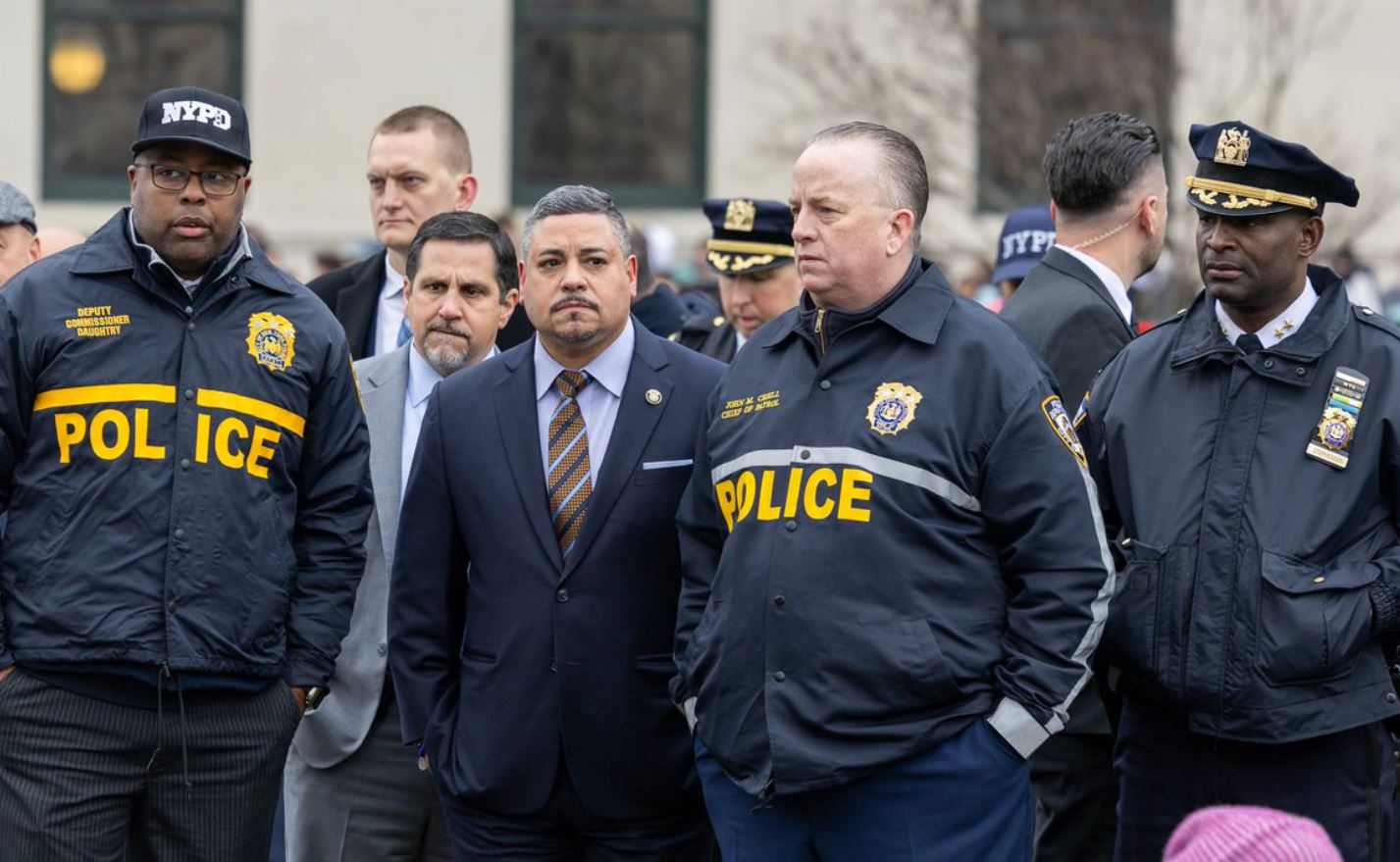What to Know
- Workers aboard the Staten Island Ferry are sounding alarms about a staffing crisis they say has made it difficult to keep the iconic passenger boats running on time.
- The manpower shortage is so severe, current and former ferry workers tell the I-Team they are sometimes asked to spend the night in terminal parking lots or makeshift sleeping quarters because commuting home between shifts would not allow for the minimum rest needed to safely operate the 4,000 ton boats.
- An I-Team review of payroll records shows the New York City Department of Transportation, which operates the Staten Island Ferry, relies heavily on overtime scheduling to keep the boats running.
Workers aboard the Staten Island Ferry are sounding alarms about a staffing crisis they say has made it difficult to keep the iconic passenger boats running on time.
The manpower shortage is so severe, current and former ferry workers tell the I-Team they are sometimes asked to spend the night in terminal parking lots or makeshift sleeping quarters because commuting home between shifts would not allow for the minimum rest needed to safely operate the 4,000 ton boats.
“Ferry management has paid people to sleep in their cars for 12 hours to cover a shift the next morning,” said Roland Rexha, Secretary-Treasurer of the Marine Engineers' Benevolent Association (MEBA), the union representing ferry captains, mates, and engineers. “It becomes a safety issue.”
Get Tri-state area news and weather forecasts to your inbox. Sign up for NBC New York newsletters.
An I-Team review of payroll records shows the New York City Department of Transportation, which operates the Staten Island Ferry, relies heavily on overtime scheduling to keep the boats running.
In 2021, more than two-thirds of ferry workers logged at least 500 hours of overtime. One in five staff members worked more than 1,000 hours of overtime. One Chief Marine Engineer worked 3,187 total hours in 2021. That’s the equivalent of working 61 hours every week for 52 weeks straight. zone ferry captain worked 2,857 total hours in 2021, the equivalent of working 357 out of 365 days in the year.
“The city should have seen this coming,” said Kevin Hennessey, a former Staten Island Ferry assistant captain who retired last year. Hennessey said he left the job, in part, because the grueling schedule became overwhelming.
News
“In the winter time, it wasn’t unusual for me to drive home with the windows down and the radio blasting because I was worried about falling asleep at the wheel.”
Concerns about the ferry staffing shortage are being raised as MEBA and the Mayor Adams administration are engaged in negotiations on a new collective bargaining contract. The union has gone without a raise for a dozen years. Last month, an administrative judge ruled the city’s marine engineers deserve a raise to put them in line with workers on private cargo ships.
In response to questions from the I-Team, a DOT representative sent an email stressing that ferry workers are not allowed to work more than 12 hours per day and some of the ferry’s overtime bill is due to the fact that the city’s marine workers operate on a four-day schedule with 8 hour shifts. In essence, they are scheduled to work 32 regular hours per week – eight less than most other city workers.
“Staten Island Ferry passengers trust DOT will provide safe and efficient passage for all riders and we would never operate in unsafe conditions,” the statement read. “We are in active mediation with the union, and we hope to reach a voluntary settlement with the assistance of the mediator.”
Payroll records show the 2021 base salary for a Staten Island Ferry captain was just under $71,000. But on average, captains added nearly $47,000 in overtime earnings. The union says the city’s base compensation is so low, workers rely on the overtime. But all those extra hours lead to a revolving door cycle, whereby the city loses staff to higher-paying private sector shipping companies. And when ferry workers leave the job, the city ends up asking the remaining staff to work more overtime.
“DOT and ferry management have used overtime to mask their inability to recruit and retain mariners,” Rexha said.
In recent weeks, the DOT has had a tougher time covering shifts on the ferry. One early August evening rush hour, the schedule had to be scaled back to hourly trips. Typically the ferry runs every 15 minutes during weekday rush hours and every 30 minutes the rest of the day.
“One of our members got into a car accident on the way to work and it paralyzed the whole ferry service. We were unable to run the ferry for six hours,” Rexha said.
But the Adams administration pushed back on the notion that ferry commuters are being regularly inconvenienced. Ridership remains at roughly 65% of what it was pre-pandemic, and the DOT says modified ferry schedules have had minimal impact on congestion aboard boats.
Even when there are enough staff members to keep the ferry on schedule, workers have complained they don’t get legally mandated breaks. In January, the New York Department of Labor sent the DOT a letter detailing allegations from mates, engineers and assistant captains who reported working 8-12 hour shifts without set times for meals. “They reported eating during layovers, on the run, while working, or not eating at all,” the letter stated.
The emailed DOT statement said scheduling meal breaks is the responsibility of ferry captains, but it did not address claims staff members are asked to sleep in their cars in order to get the necessary rest to cover the next morning’s overtime shifts.
Hennessey said he hopes a new contract for Staten Island Ferry workers will include retroactive raises for retirees like him and an increase in the total workforce so future mariners don’t get burnt out with requests to work overtime.
“People used to feel a sense of obligation. The boat has to run, people need me,” Hennessey said. “That feeling has been gradually going away. It’s been beaten out of us by management.”



